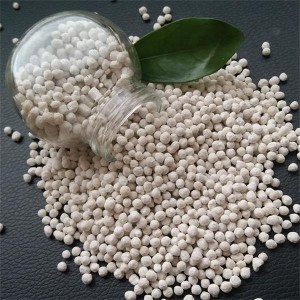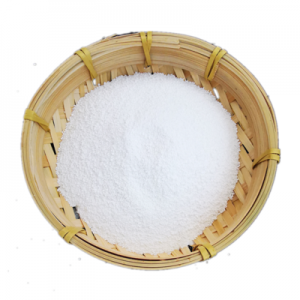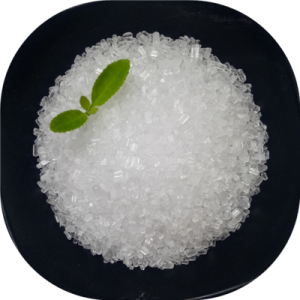Magnesium Sulfate Monohydrate (Kieserite,MgSO4.H2O)-Fertilizer Grade
1. Relieve Muscle Pain and Cramps:
Magnesium sulfate monohydrate has been shown to be a great help in relieving muscle soreness and reducing inflammation. When added to a warm bath, this compound absorbs through the skin to help eliminate lactic acid buildup and promote muscle relaxation. Athletes and individuals who engage in strenuous exercise often use Epsom salts to restore tired muscles.
2. Enhances skin health:
Magnesium sulfate monohydrate has several benefits for skin health. It removes dead skin cells, balances pH, and helps treat various skin conditions such as acne and eczema. Consider adding this wonder compound to your skincare routine, make a gentle scrub or add it to your bath water for smooth, radiant skin.
3. Reduces stress and promotes relaxation:
Magnesium sulfate monohydrate is an easy-to-use solution for relieving stress and promoting relaxation. Magnesium plays a vital role in regulating neurotransmitters in the brain, helping to calm the mind and reduce anxiety. Give yourself a warm bath with Epsom salts, light a candle, and let your worries melt away.
4. Supports healthy plant growth:
In addition to being beneficial to human health, magnesium sulfate monohydrate also plays a vital role in agriculture and horticulture. This compound acts as a fertilizer, providing essential minerals and promoting healthy plant growth. Magnesium is a key nutrient required for the synthesis of chlorophyll, the pigment responsible for photosynthesis. Adding Epsom salts to your plants' soil can enhance the overall health and productivity of your plants.
5. Relieves Migraines and Headaches:
Migraines and headaches can seriously affect a person's quality of life. Thankfully, magnesium sulfate monohydrate has shown good results in reducing symptoms associated with these conditions. Several studies have shown that magnesium's ability to regulate neurotransmitters and relax blood vessels can help reduce the frequency and intensity of migraines and headaches. Talk to your healthcare provider about incorporating magnesium supplements or Epsom salt baths into your routine.
In summary:
Magnesium sulfate monohydrate, or Epsom salt, is a versatile compound that provides several benefits to human and plant health.

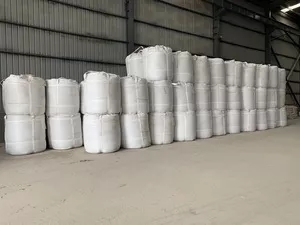
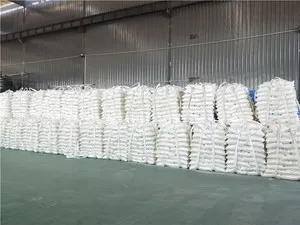
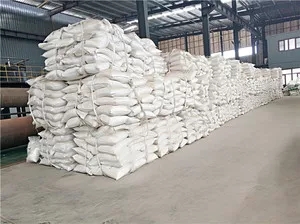
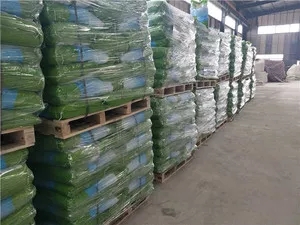
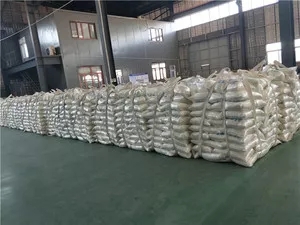
| Magnesium Sulfate Monohydrate (Kieserite,MgSO4.H2O)-Fertilizer Grade | |||||
| Powder(10-100mesh) | Micro granular(0.1-1mm,0.1-2mm) | Granular(2-5mm) | |||
| Total MgO%≥ | 27 | Total MgO%≥ | 26 | Total MgO%≥ | 25 |
| S%≥ | 20 | S%≥ | 19 | S%≥ | 18 |
| W.MgO%≥ | 25 | W.MgO%≥ | 23 | W.MgO%≥ | 20 |
| Pb | 5ppm | Pb | 5ppm | Pb | 5ppm |
| As | 2ppm | As | 2ppm | As | 2ppm |
| PH | 5-9 | PH | 5-9 | PH | 5-9 |

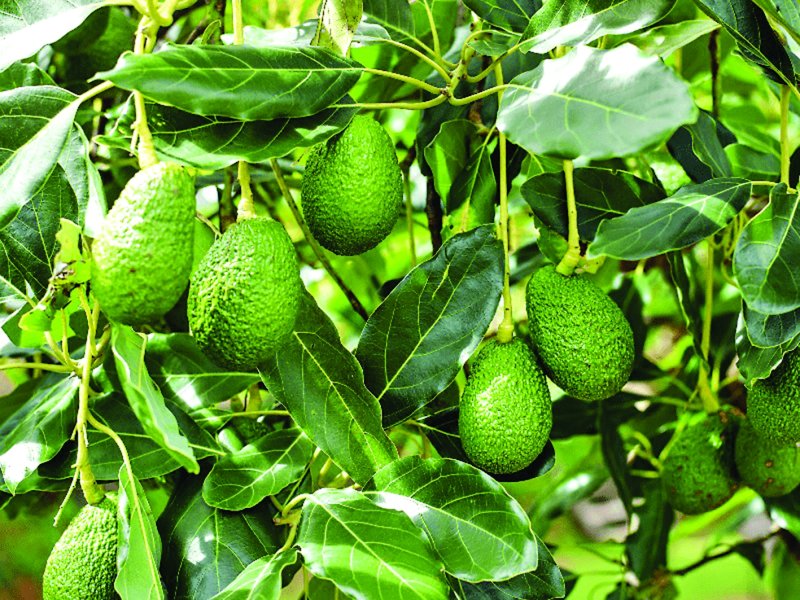

1. What role does magnesium play in plant growth?
Magnesium is an essential nutrient for plants because it is a building block of chlorophyll, the molecule responsible for photosynthesis. It plays a vital role in the formation of plant metabolic enzymes.
2. How is magnesium sulfate monohydrate used as a fertilizer?
Magnesium sulfate monohydrate can be dissolved in water and applied as a foliar spray or added to the soil. Magnesium ions are then taken up by the plant's roots or through the leaves, promoting healthy growth and preventing magnesium deficiency symptoms.
3. What are the symptoms of magnesium deficiency in plants?
Magnesium-deficient plants may experience yellowing leaves, green veins, stunted growth, and reduced fruit or flower production. Adding magnesium sulfate monohydrate to the soil or as a foliar spray can correct these deficiencies.
4. How often should magnesium sulfate monohydrate be applied to plants?
The frequency of applying magnesium sulfate monohydrate to plants depends on the specific needs of the plant species and soil conditions. Consultation with an agricultural professional or soil analysis is recommended to determine proper application rates and intervals.
5. Are there any precautions for using magnesium sulfate monohydrate as fertilizer?
While magnesium sulfate monohydrate is generally safe, recommended application rates must be followed to avoid nutritional imbalances. Overapplication of magnesium or other fertilizers can be detrimental to plant health and the environment, so following guidelines carefully is critical.





